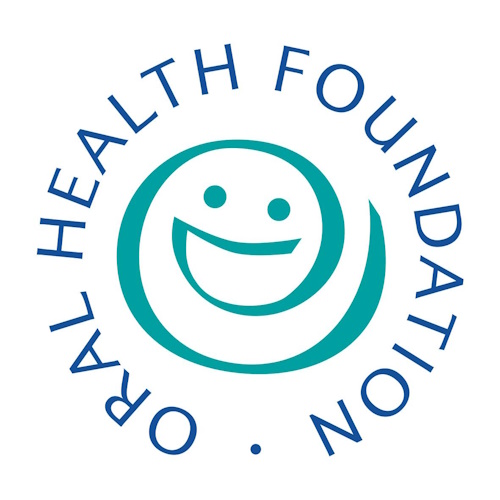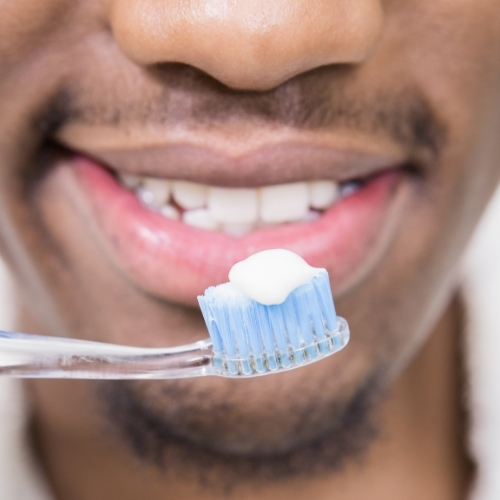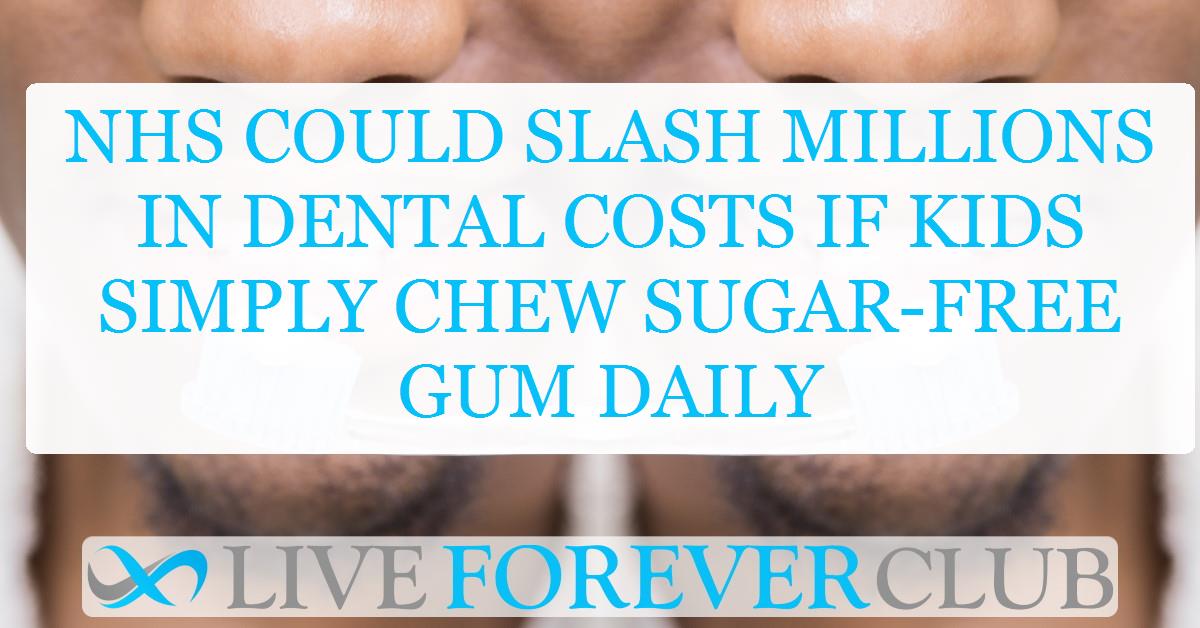Key points from article :
A new study suggests that the NHS could save up to £8.2 million annually in dental costs if all 12-year-olds in the UK chewed three pieces of sugar-free gum daily. This approach could prevent the need for approximately 364,000 dental check-ups, easing the burden on NHS resources. The research, conducted by Plymouth University, was supported by The Wrigley Company and published in the British Dental Journal.
The study focuses on the economic impact of incorporating sugar-free gum into daily oral care routines, particularly for children. Chewing sugar-free gum after meals boosts saliva production, which helps wash away food particles and neutralize harmful plaque acids. This process not only reduces the risk of tooth decay but also promotes remineralization, strengthening tooth enamel over time. The British Dental Health Foundation supports the use of sugar-free gum for individuals over seven years old as a beneficial addition to regular brushing and flossing.
Tooth decay remains a significant issue in the UK, with 35% of 12-year-olds reportedly feeling self-conscious about their teeth. Poor oral health in childhood can often lead to lifelong dental issues, which continue to strain NHS resources. Current data shows that the NHS spends around £3.4 billion annually on dental treatments, with a considerable portion of this cost going toward preventable tooth decay.
Given these findings, health experts suggest that adding sugar-free gum to public oral health guidelines could make a significant impact. While brushing twice daily remains essential, sugar-free gum offers an easy, on-the-go solution to further support oral health. With proven benefits and a potential for cost savings, this simple addition could be a valuable strategy in improving the UK’s dental health and easing NHS expenses.








